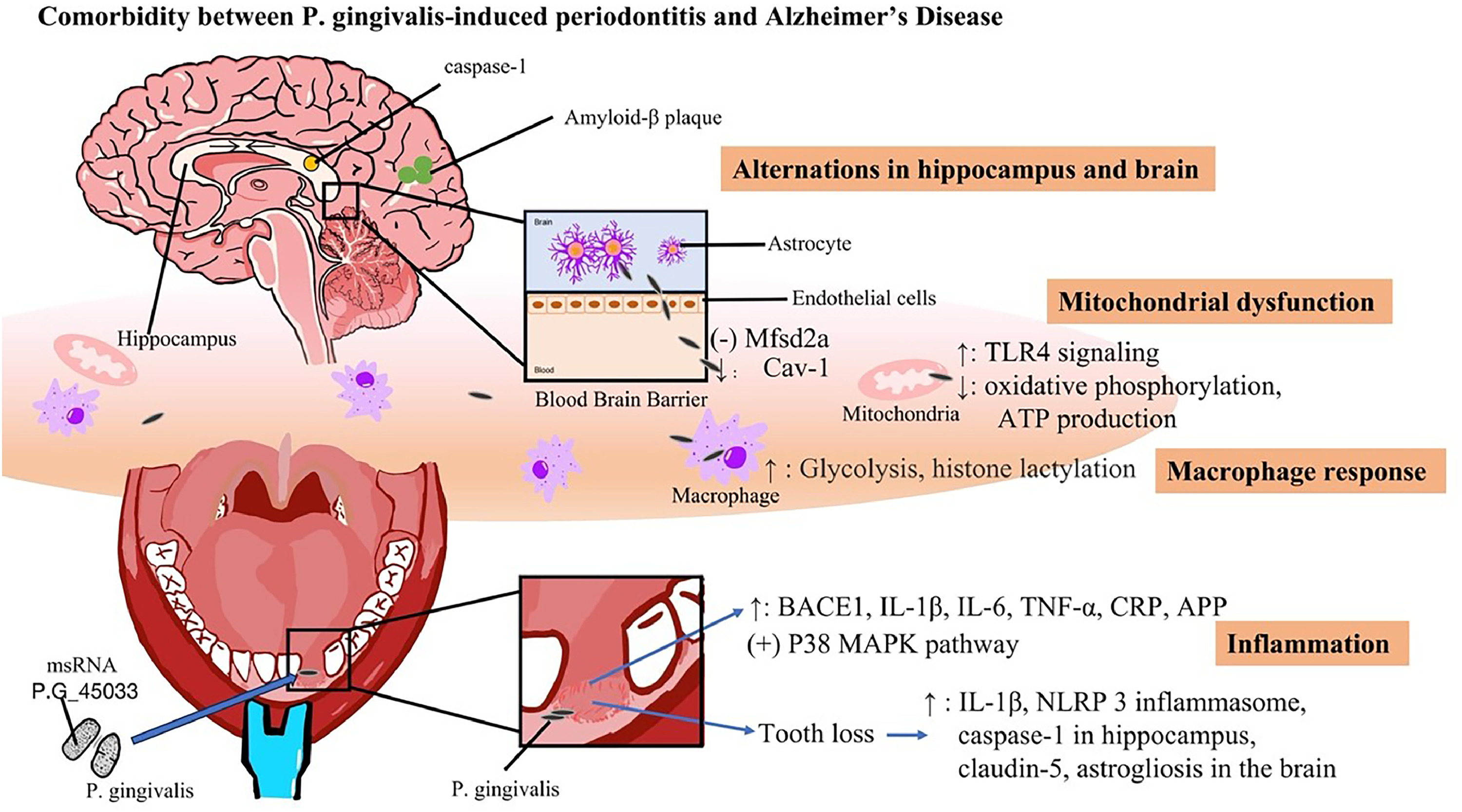Elsevier, Microbial Biofilms: Role in Human Infectious Diseases, Volume , 1 January 2024
Humans harbor complex communities of microbes, predominantly bacteria, that live symbiotically within the colon. There are several factors that influence the trajectory of gut microbiota in infants such as birth term, mode of delivery, and dietary habits.
Elsevier, A Review on Diverse Neurological Disorders: Pathophysiology, Molecular Mechanisms, and Therapeutics, Volume , 1 January 2024
Due to the aging population, both Alzheimer's disease (AD) and Parkinson's disease (PD) are degenerative brain disorders that are now recognized as important public health issues.
Elsevier,
International Journal of Clinical and Health Psychology, Volume 24, 1 January 2024
This study indicates that among people with higher levels of disability, engaging in physical activity is linked to more effective stress coping through enhanced self-efficacy. However, this effect was not observed among people with low levels of disability.
Elsevier, One Earth, Volume 7, 19 January 2024
The cascading effects of biodiversity decline on human well-being present a pressing challenge for sustainable development. Conservation efforts often prioritize safeguarding specific species, habitats, or intact ecosystems but overlook biodiversity's fundamental role in providing Nature's Contributions to People (NCP) in human-modified landscapes.
Elsevier,
One Earth, Volume 7, 19 January 2024
The paper presents a scientific framework for assessing marine biodiversity and reveals significant gaps in our understanding and protection of ocean biodiversity, emphasizing the need for more strategic conservation efforts to safeguard marine ecosystems and their contributions to human well-being.
Elsevier,
Revista Espanola de Geriatria y Gerontologia, Volume 59, 1 January 2024
The objective of this study was to assess the neuropsychological characteristics of individuals with early-onset Alzheimer's disease (EOAD), late-onset Alzheimer's disease (LOAD), and very-late-onset Alzheimer's disease (VLOAD). The findings indicate notable neuropsychological variations across different age groups, demonstrating a progressive decline in cognitive function with age rather than distinct clinical presentations.
Elsevier,
Journal of Virological Methods, Volume 323, January 2024, 114852
This article supports SDG 3 as understanding the role of HCV core proteins in viral diseases is crucial to elucidating disease mechanisms and identifying potential drug targets. However, purification challenges may hinder the comprehensive elucidation of the structure and biochemical properties of HCV core proteins.
Elsevier,
Neurobiology of Disease, Volume 190, January 2024
In Alzheimer's disease research, cerebrospinal fluid (CSF) biomarkers Amyloid beta (Aβ), Tau, and pTau are well-validated, and this study demonstrates that a Z-score based harmonization approach can effectively standardize CSF and amyloid imaging data across multiple cohorts, providing consistent biomarker cut-offs and comparable GWAS results to traditional methods, without introducing spurious findings.

